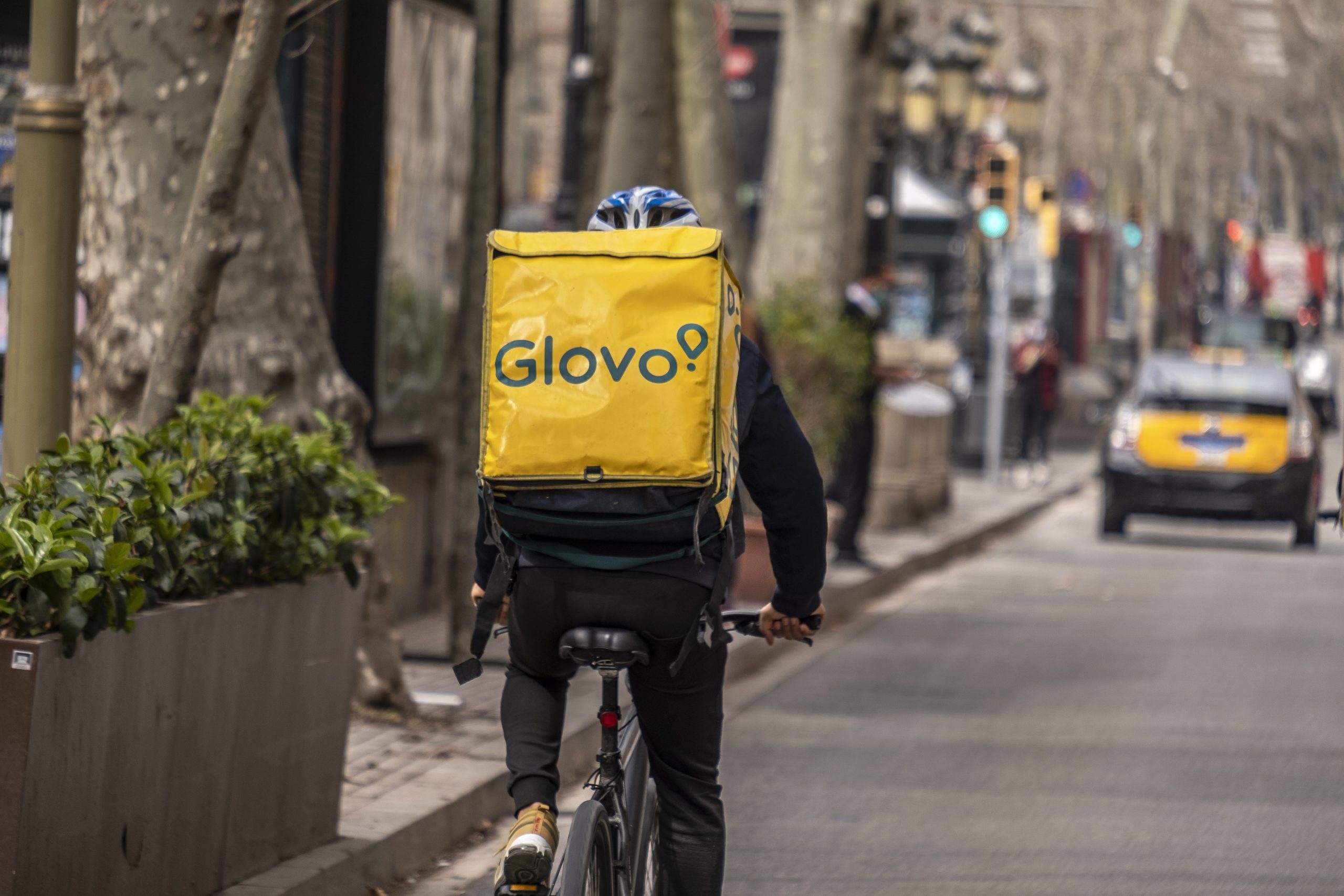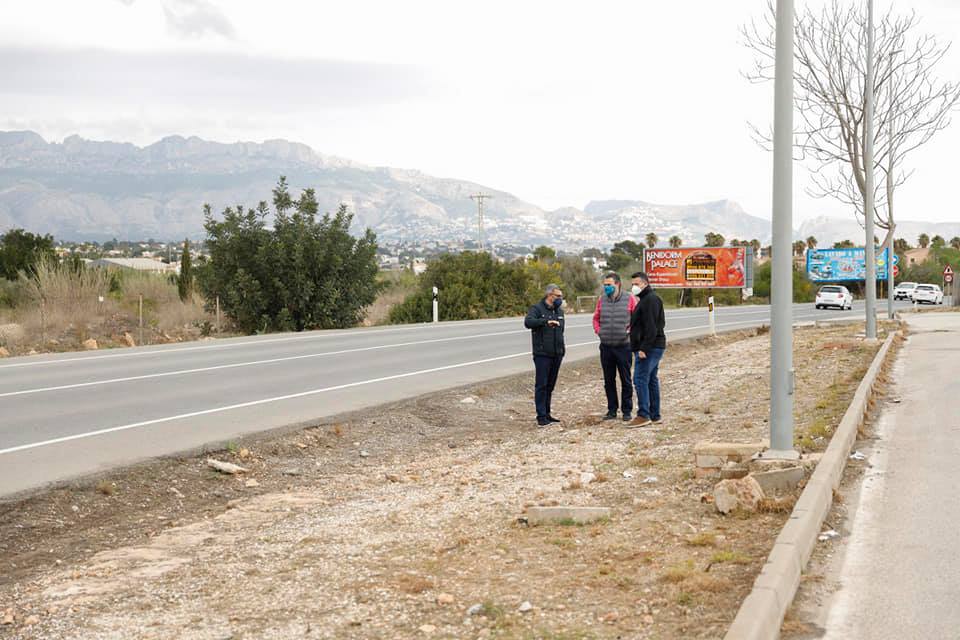DELIVERY riders in Spain are be classified as employees of companies like Glovo and Deliveroo under government plans announced today(March 11).
Labour and Social Economy minister, Yolanda Diaz, said: “The new law would be part of modernising the labour market in Spain and would update legislation to make sure that workers’ rights are maintained in the new digital era.”
The proposed law, part of a big package of labour reforms, means that companies would have to hand over information over how their staff are assigned jobs and how their performance is assessed.
The plans brought an angry response earlier this month as over 2,000 riders took to the streets across Spain in protest against the changes.
Professional Association of Autonomous Riders spokesman, Jordi Mateo, said: “The Labour ministry has refused to talk to us and its a shame they are coming up with a law without consulting us.”
Mateo claimed that ‘70% of riders’ wanted to keep their current status, but with ‘improvements’.
On the other hand, Yolanda Diaz today described the law as ‘pioneering’ and forcing the disclosure of how digital systems work is ‘epic’ and would stop ‘algorithmic punishments’.
The government consulted with the country’s main business groups and trade union confederations in producing its labour reform package.
But the law, which is expected to hit the statute book later this year, was attacked by an association of digital platforms providing delivery services.
It said that the rule on disclosing algorithms is a measure which ‘undoubtedly will have a very negative effect on the development of the digital economy in Spain’.
It added that it was ‘an assault on the basic principle of business freedom’.
The law came about after a Supreme Court ruling last year in a case brought by a former Glovo rider which determined that delivery riders are employees.
Click here to read more Spain News from The Olive Press.








